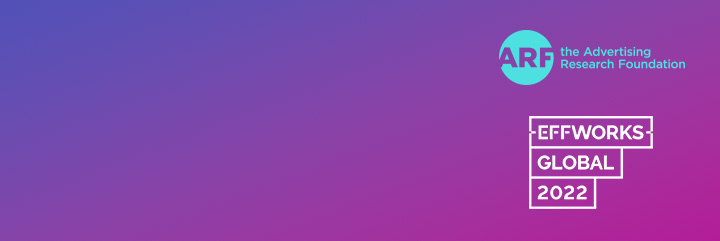At this Insights Studio, speakers on four different continents presented their work published in the JAR, with common themes of attention and frequency. Two presentations focused on banner blindness tactics: one compared the effectiveness of personalization and extreme creative strategies, while the other showed how unexpected ads like pop-ups and floaters drive attention and shape attitudes. A study on roadblock advertising tackled the question: Is this attention-getting tactic worth the substantial cost? And lastly: effects of influencer disclosures over time within a framework of consumer skepticism. A lively Q&A discussion explored the roles of attention and inattention in creative and media, contextual nuances, frequency effects of roadblock advertising and influencer disclosures, differences in attention factors across cultures, and the need for more research overall in the area of attention.
Member Only Access






